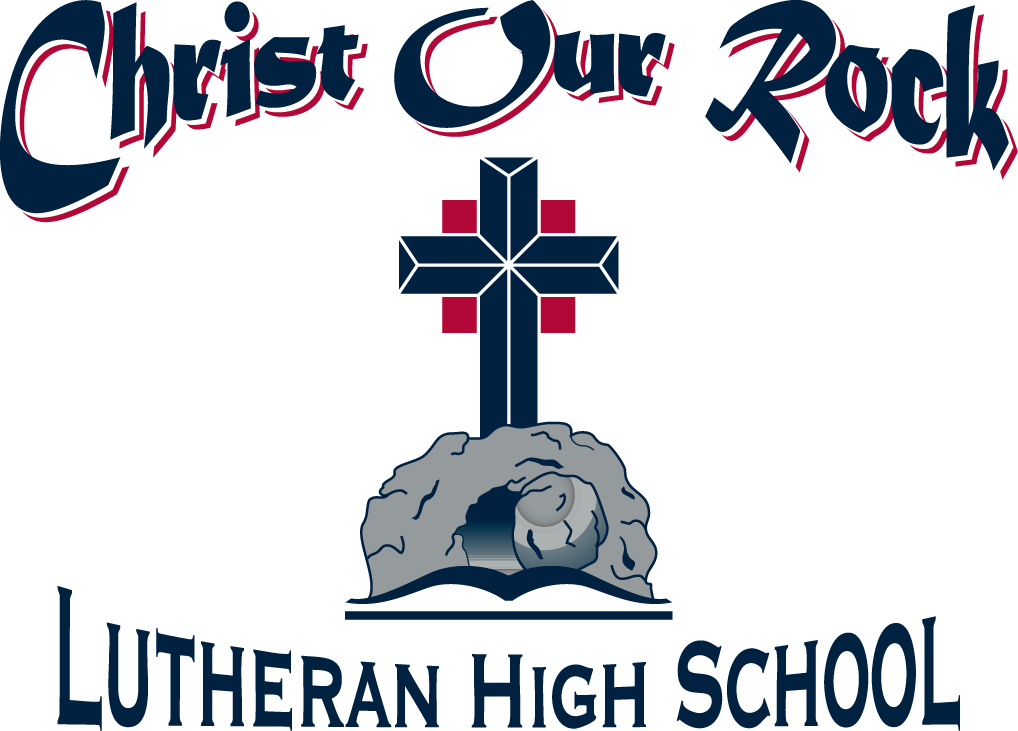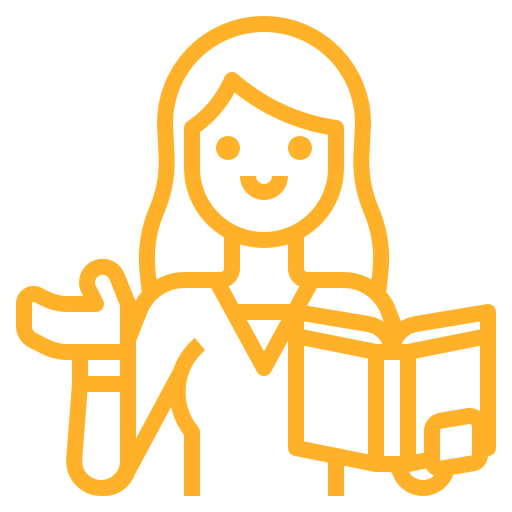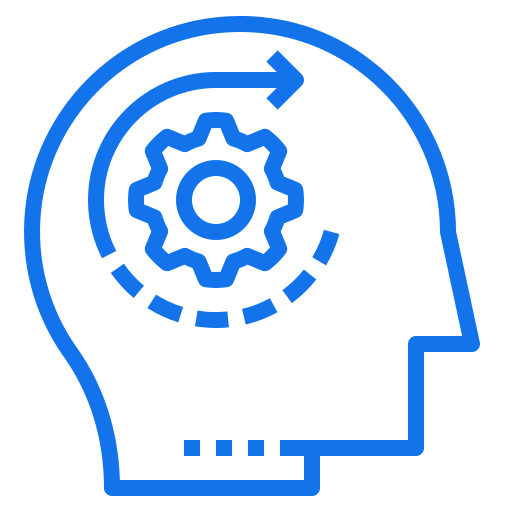A School In Your Community
Cultural
Cultural Activities are a specific extension of the language curriculum where children begin to acquire a sense of historical fact, classification of physical geography and an appreciation of cultural differences.
Practical Life
Practical Life is the study of self-help skills and focuses on the four major areas, Care of Self, Care of Environment, Grace and Courtesy, and Movement.
Sensorial
Sensorial uses a multi-sensory approach to education. Children are encouraged to learn by processing information gathered through the senses.
Math
Math continues the cognitive math development that began in the Practical Life Skills and Sensorial curriculum, taking an acute focus and more abstract thinking process with concrete materials.
Experience why our children are HAPPY to learn!
What Makes Us Special?
Our students have the opportunity to find out just who they are, on their own timetable, in a child-centered environment where their individuality is cherished.
Experienced Faculty
A warm and nurturing environment with a professional and well-trained, experienced faculty.
Innovative Learning
An innovative learning environment that fosters deeper thought and stimulates questioning and student-led research.
Parent Involvement
Opportunities for parent involvement in the school’s culture.
Natural Play Areas
Natural play areas and gardens that the children assist in caring for, promoting responsibility and independence.
Love & Care
Home-like learning environments that the children assist in caring for, promoting responsibility and independence.
The Essentials
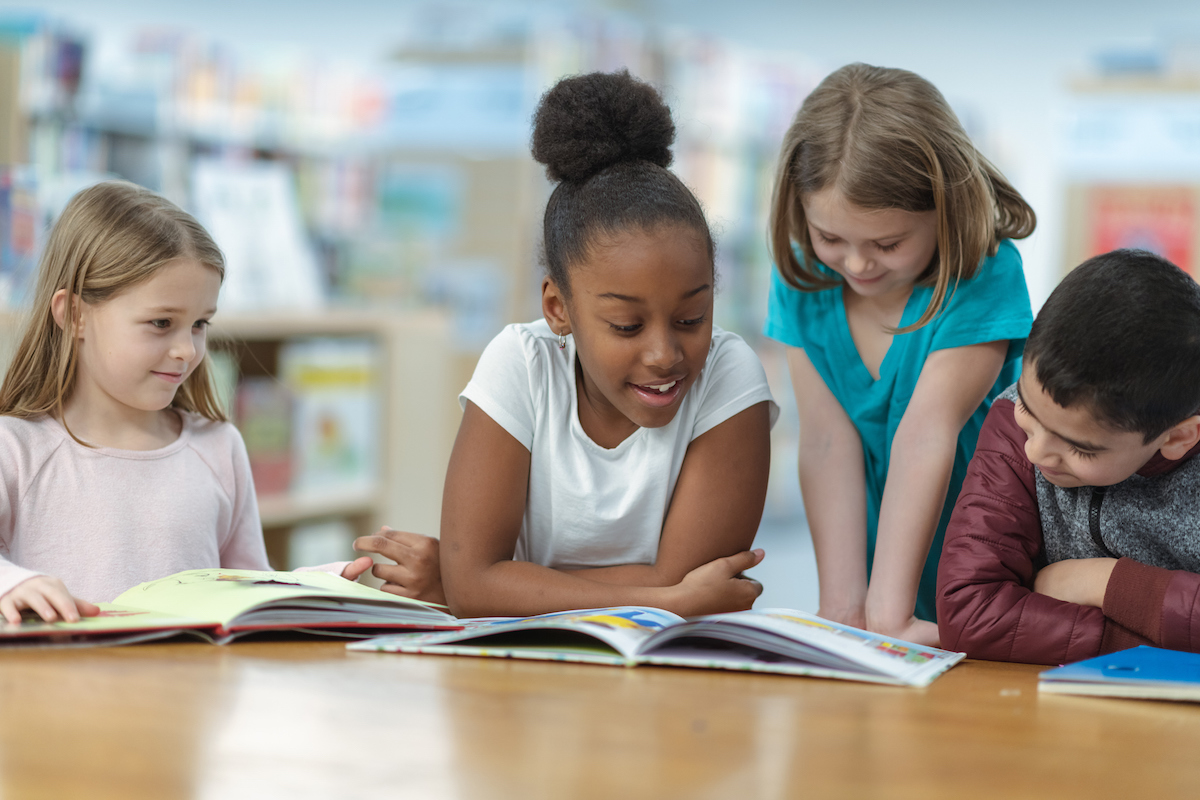
Language Lessons
Our Language Lessons are incorporated into all curriculum areas to assist with vocabulary development, progression into reading, spelling , development of writing skills and composition. Language in Montessori starts with individual letter sounds. Sandpaper Letters provide children with a multisensory experience that helps them imprint the letter shapes into their memory.
Kindergarten children master skills such as, dictionary skills, poetry, penmanship and parts of speech and grammar. Each skill builds to another and forms a solid base which leads to smooth integration with other subjects.
How we differ from a traditional daycare and kindergarten
Parents of our students will tell you that the biggest difference between our school and a traditional daycare or kindergarten can be found in the light they see in their child’s eyes each day. This light is their child’s drive to learn and develop; it represents the key contrast between Montessori schools and traditional schools.
Both Montessori and traditional preschools have the same goal: to provide learning experiences for the child. The differences lie in the types of learning experiences each school provides and the methods they use to accomplish this goal. We believe these differences are crucial because they help shape how a child learns, whether they enjoy learning, and their future attitude towards themselves and the world around them.
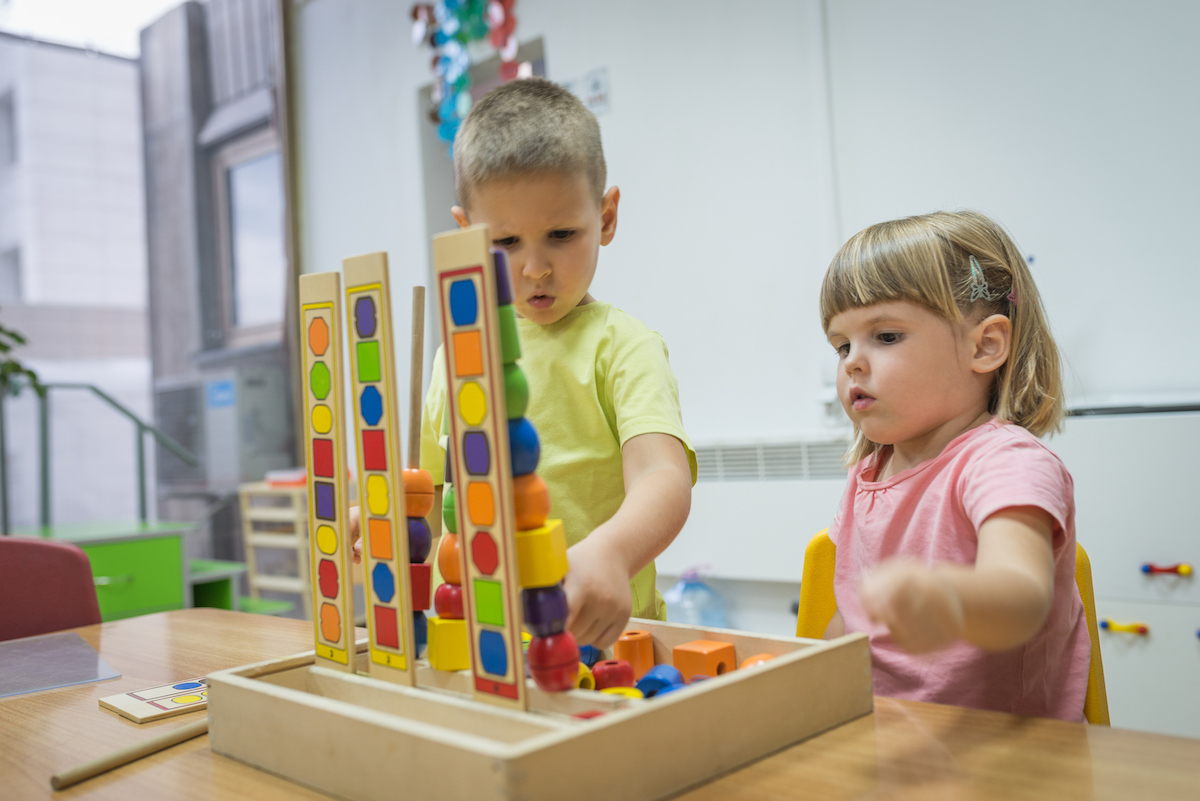
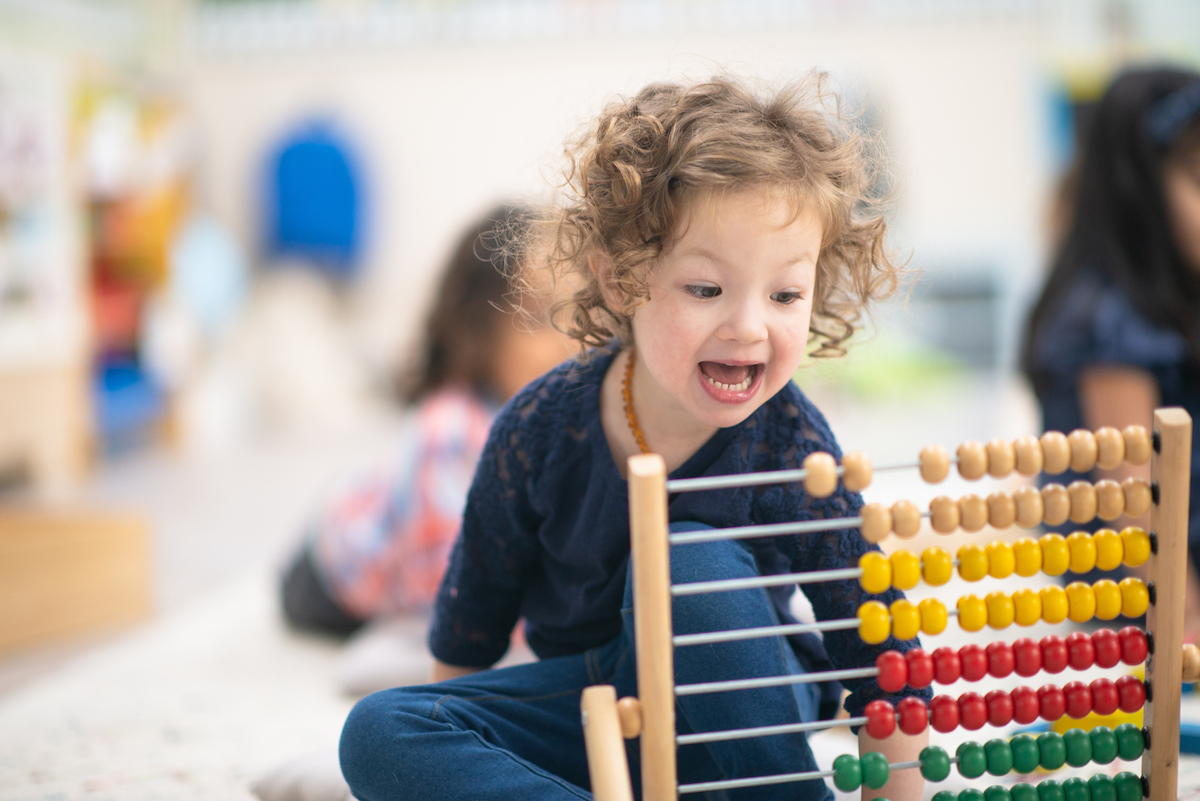
Admissions
The process begins with your phone call or email to come and visit our school. Following your tour and meeting at our school we invite you to observe one of our classrooms for 30 minutes to see how our certified Montessori instructors interact with our students. You’ll notice how well the children interact and self-direct their activities, sharing with others and learning at their own pace.
